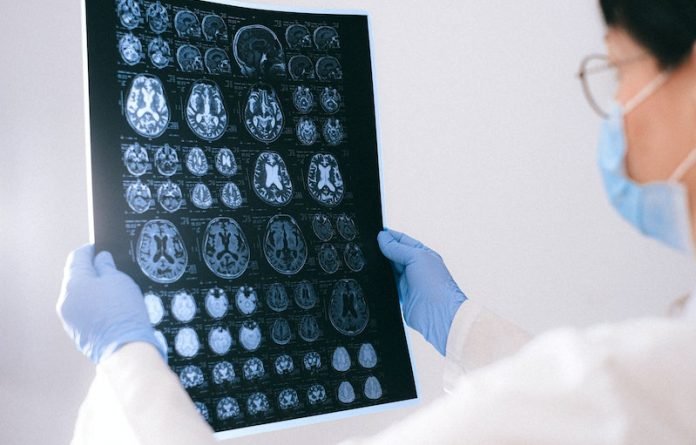
In a study from the University of California Los Angeles, scientists found in people having the most common type of stroke – one caused by a blood vessel blockage – those with dementia appear less likely than others to receive an advanced clot removal treatment.
The treatment, called mechanical thrombectomy, uses a device to remove a clot from a large vessel to restore blood flow to the brain.
Mechanical thrombectomy has a significant absolute benefit for stroke patients with a large vessel blockage, especially when used within six hours of symptom onset, research has shown.
About 1 in 10 people having a clot-caused stroke also have dementia, according to a recent scientific statement from the American Heart Association/American Stroke Association.
That statement describes “treatment dilemmas” for stroke teams lacking adequate research data to guide them in caring for people who had dementia or a disability before the stroke.
Treatment teams might also fear mechanical thrombectomy could cause a brain hemorrhage in stroke patients with dementia.
In the study, the research team looked at nearly 180,000 hospital admissions for acute ischemic stroke from October 2016 through December 2017.
They found acute ischemic strokes – those caused by a blockage of blood flow to the brain – tended to be more disabling in the group with dementia.
The team found just 3.4% of those patients were treated with mechanical thrombectomy, compared with 6% of those without dementia.
The procedure has a six-hour recommended time window, though treatment sometimes can be given up to 24 hours after the start of symptoms.
The team found no difference between the two groups in the use of intravenous clot-busting drugs, which can be given up 4.5 hours after symptoms begin.
The team also found people with dementia who were treated with mechanical thrombectomy were more likely to develop intracranial hemorrhage, or bleeding within the skull (including in the brain).
The team says patients with dementia present with a higher stroke severity at the onset. However, the number of thrombectomies was lower for that patient population.
If you care about stroke risk, please read studies about an important cause of stroke, and this drug combo could protect your heart health and prevent stroke.
For more information about health, please see recent studies about the key to survive a stroke, and cases showing this antioxidant drug may protect against stroke and heart attack.
The study was conducted by Dr. Hamidreza Saber et al and published in Stroke: Vascular and Interventional Neurology.
Copyright © 2022 Knowridge Science Report. All rights reserved.



